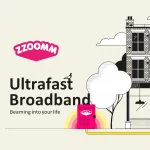Sponsored Links
Broadband is a general term for any telecoms technology that carries a lot of data (high speed internet connectivity), using a wide range (band) of frequencies, over fixed lines or wireless.
Categories
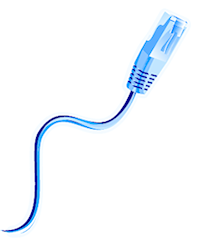
- Fixed Line Narrowband
- Fixed Line Broadband
- Wireless Broadband
Narrowband ISDN

Sadly the technology often required a line to be converted from analogue to digital and two channels were needed for maximum speed, incurring additional costs. ISDN's advantages were that it ran through a stable and highly reliable digital network, meaning that you always got the performance expected; though ISP congestion could still hamper quality.
BT's consumer grade ISDN products (HomeHighway, Midband) could also connect to dialup ISP's.
ISDN Advantages
- Extremely low latency full digital connection.
- Good for specific kinds of professional VoIP.
- Reliable connection.
- Good for specific kinds of professional VoIP.
- Reliable connection.
ISDN Disadvantages
- Maximum speed of just 128Kbps.
- Expensive compared with broadband.
- Very little support left (being phased out).
- Expensive compared with broadband.
- Very little support left (being phased out).
Related ISPreview.co.uk Content:
* Dialup/ISDN Discussion Forum
Search ISP News
Search ISP Listings
Search ISP Reviews
Latest UK ISP News
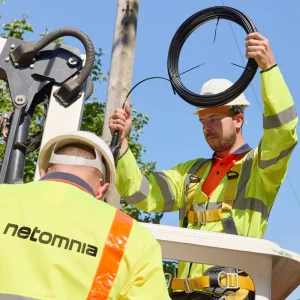


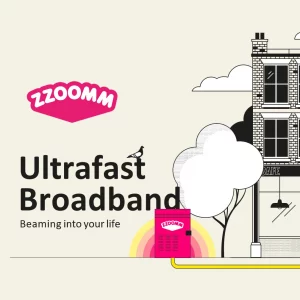



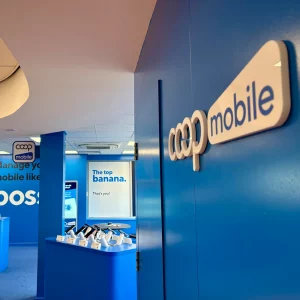
Cheap BIG ISPs for 100Mbps+
150,000+ Customers | View More ISPs
Cheapest ISPs for 100Mbps+
Modest Availability | View More ISPs
Latest UK ISP News
Helpful ISP Guides and Tips
Sponsored Links
The Top 15 Category Tags
- FTTP (6899)
- BT (3913)
- Politics (3112)
- Business (2817)
- Openreach (2693)
- Building Digital UK (2532)
- Mobile Broadband (2521)
- Statistics (2158)
- FTTC (2151)
- 4G (2128)
- Virgin Media (2060)
- Ofcom Regulation (1796)
- 5G (1777)
- Fibre Optic (1615)
- Wireless Internet (1614)
Sponsored
Copyright © 1999 to Present - ISPreview.co.uk - All Rights Reserved - Terms , Privacy and Cookie Policy , Links , Website Rules











